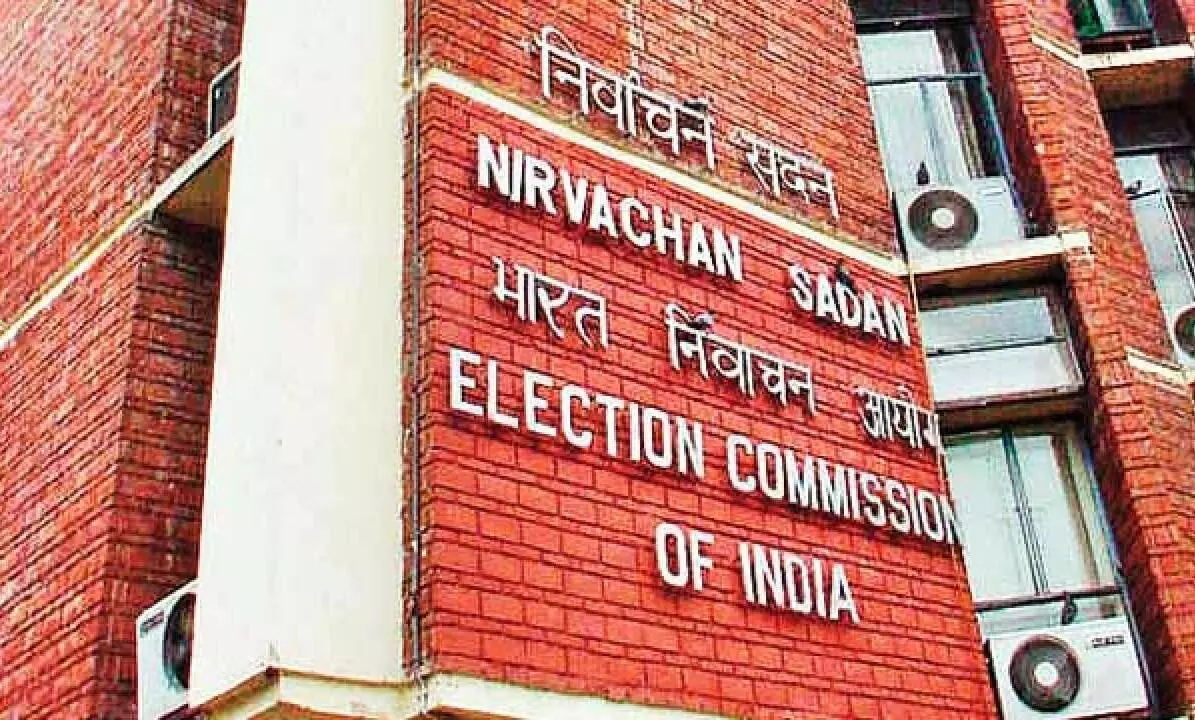Analysis: Leakage of Voter Phone numbers in Telangana, and Micro Targeting
The state of Telangana is set to elect its MLCs from two Graduate constituencies and Draft Publication of Electoral Rolls were released on 8th December 2020. Recently, many of the residents from these constituencies have started receiving messages from BJP enlisting support for its candidate, N. Ramachander Rao.
By Prashant Kodali
Hyderabad: The state of Telangana is set to elect its MLCs from two Graduate constituencies and Draft Publication of Electoral Rolls were released on 8th December 2020. Recently, many of the residents from these constituencies have started receiving messages from BJP enlisting support for its candidate, N. Ramachander Rao.
The message reads: "I am extremely delighted to inform you that you have been enrolled as a voter on the rolls of HYD-RR-MBNR graduates MLC constituency. Looking forward to your support and blessings to give me another opportunity to work for a better society. Regards, N Ramchander Rao, MLC, BJP Floor Leader, TSLC"
The message clearly indicates that the targeted voter has successfully enrolled for this election. During the process of enrollment, the application clearly sought phone number and email details.
It appears there has been a breach of voter data along with mobile numbers from the Election Commission. This raises questions regarding the storage and security of the voters' personal data. "Is this data being willfully distributed by Election Commission to the political parties? Or are these details being scrapped from the Election Commission's website? In either case, this allows political parties to micro-target voters, a process over which EC has no guidelines for content regulation, and fails to protect the voter from harmful and micro-targeted messaging from political parties", says Kiran Chandra, General Secretary of the Free Software Movement of India (FSMI)
In recently concluded GHMC elections in Hyderbad, BJP had put large scale efforts to gain ground in local body elections by getting the likes of Home Minister of India, Chief Minister of U.P to campaign in Hyderabad. It was coupled with large amounts of effort put into social media messaging by all political parties. During these elections as well targeted messages from political parties to voters' phones with details of their serial number, booth, and division details were sent.
When we look at the leakage of the phone numbers along with the fact that with the combination of phone number and email IDs it is easy for political parties to get additional attributes around a user further enabling micro-targeting. With the government's efforts to link Aadhar with other services like PAN and driving license there is a greater risk of collating data from all these databases and misuse this data for profiling and interfering with the electoral process. The scale of Aadhar data leaks is well known.
As the political parties move towards profiling and micro-targeting methods, there is a lack of necessary efforts by the Election Commission to regulate the content on digital platforms. Telangana's IT Secretary, during a webinar on using BlockChain for elections, suggested that the phone and IMEI numbers be linked with Voter ID, and also informed the gathering about a pilot project for using Facial Recognition for Voting. In February 2020 [1], the Election Commission shared its voter rolls, along with Voter's photographs with Delhi police for Facial recognition forensics [2].
Examples like these clearly demonstrate the lack of protection of Voter's private data, and exchange between agencies. These further raises the questions around the safety and privacy of voters' personal information, and amount of thought put by the Election commission in anticipating the threats due to leakage of such Voter data and thereby lack effort in regulating this space to protect voters.
This particular leakage of voter data should be investigated and there should be transparency in how this data is safeguarded.
Views are personal